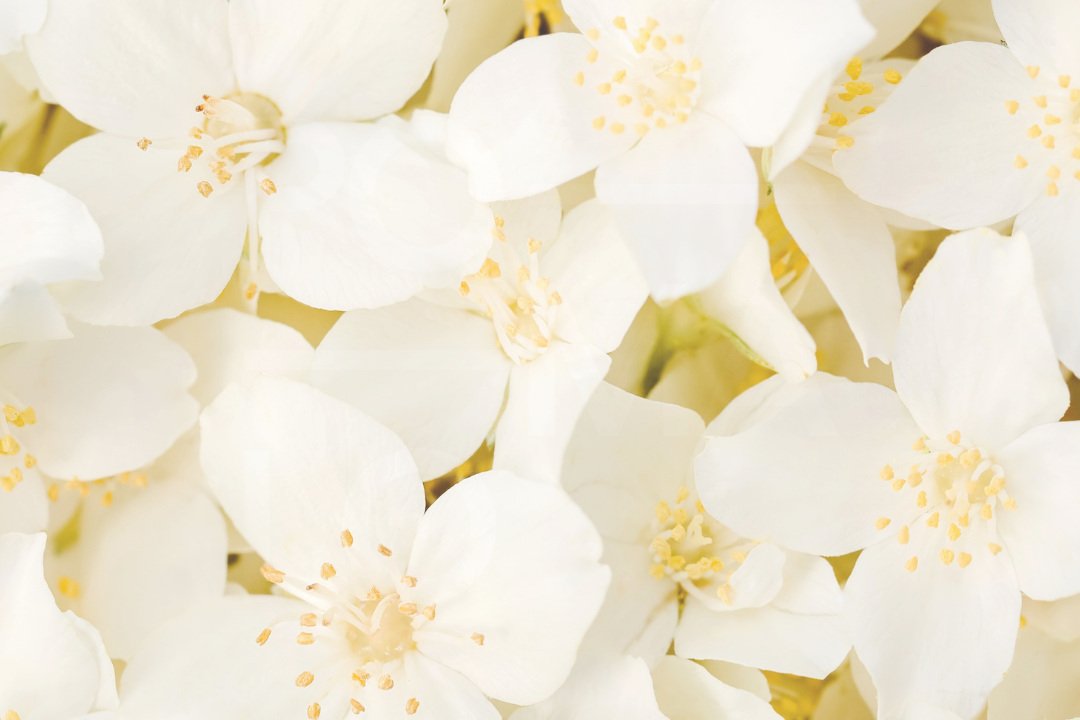Neroli Hydrosol
For centuries, Neroli — a fragrant hydrosol derived from bitter orange blossoms — has been prized in both European and Middle Eastern traditions, from easing nerves to enhancing confections. Now, it's becoming a sought-after ingredient in modern skincare.
INCI Citrus aurantium flower water
[category] hydrosol, plant extract
[why we love it] antimicrobial properties, antioxidat compounds, soothing and calming effects
Naturally rich in antioxidants and antimicrobial compounds, Neroli hydrosol gently supports the skin by calming inflammation and helping prevent acne-causing bacteria. Known for its soothing, skin-comforting qualities, neroli hydrosol is ideal for sensitive or heat-stressed skin. Its light, floral scent has also made it a favorite in rituals, baby care, and sleep routines.
A true botanical multitasker, neroli brings both skincare benefits and sensorial beauty.
Why we love it in skincare?
-
Neroli hydrosol exhibits notable antibacterial activity against skin pathogens, supporting its use in managing acne-prone skin and potentially preventing minor skin infections.
-
The antioxidant compounds in neroli hydrosol (though present at lower concentrations than in the pure essential oil) can help neutralize free radicals on the skin. This implies a benefit for skin beauty and radiance, as antioxidants protect skin cells from damage and may improve skin glow over time.
-
Neroli hydrosol is known for its soothing effects on both skin and senses, helping to calm redness and inflammation—making it especially suitable for sensitive or irritated skin, such as sunburn.
-
With its slightly acidic pH (around 3.5–5), neroli hydrosol is close to the skin’s natural pH, helping to maintain the skin barrier, prevent dehydration, and deliver a refreshing feel.
-
With its sensual, uplifting aroma, neroli has long been treasured as a natural aphrodisiac in perfumery and aromatherapy. Its captivating fragrance features in iconic perfumes like Tom Ford’s Neroli Portofino, Chanel No. 5, and Guerlain’s Eau de Cologne Impériale. In skincare, neroli hydrosol offers a beautiful way to add natural scent without relying on potentially irritating synthetic fragrances.
How has it been used - in both beauty and health, as well as for culinary and spiritual purposes.
What science says - Neroli hydrosol has shown promising antimicrobial, antifungal, and antioxidant effects in lab studies, though clinical research on its topical benefits in humans is still limited.
Jakubczyk et al. (2021) – Antioxidant Properties:
A comparative study tested 17 different plant hydrosols, including Citrus aurantium (neroli hydrosol), for their antioxidant activity. Neroli showed measurable DPPH radical inhibition and was found to contain polyphenols and flavonoids, which can help protect skin cells from oxidative stress — a key contributor to premature aging.
Boukhatem et al. (2023) – Hydrosols as Bioactives:
In a review of hydrosols used in skincare and wellness, neroli hydrosol (Citrus aurantium flower water) was recognized for its biological activity, particularly antioxidant and antibacterial effects. The study highlights its potential in dermatological formulations, especially for soothing and protective care.
Inouye et al. (2009) – Antifungal Activity Against Candida albicans:
A Japanese study evaluated 43 plant hydrosols for antifungal effects and found that neroli hydrosol strongly inhibited the growth of Candida albicans, especially its pathogenic filamentous form. At full strength, neroli water reduced hyphal growth by ~98%, placing it among the most effective tested. Researchers attributed this to its high content of linalool (~35%), a known antifungal compound.





